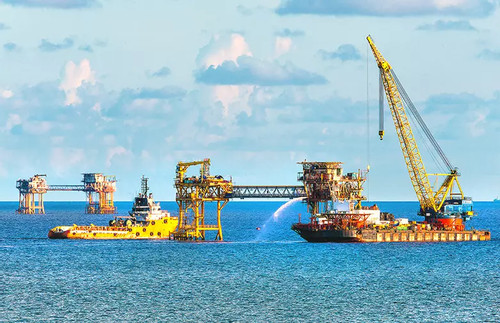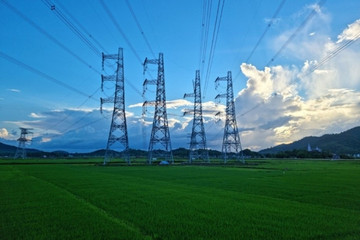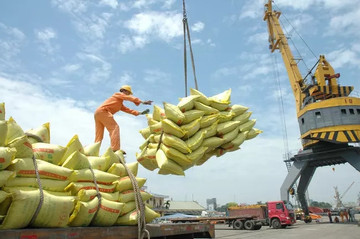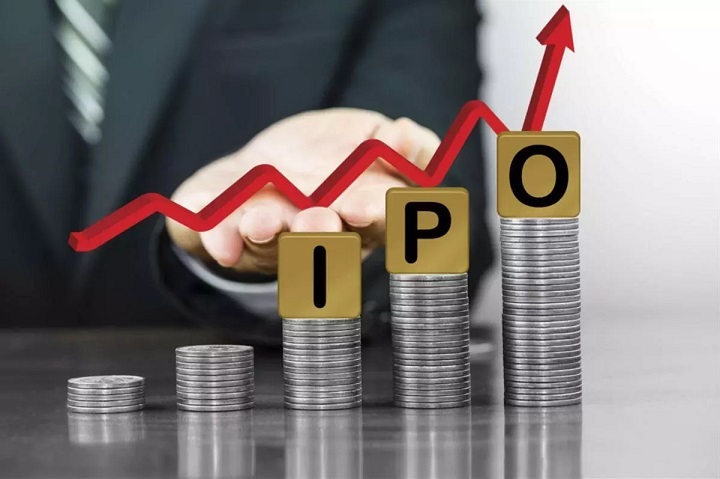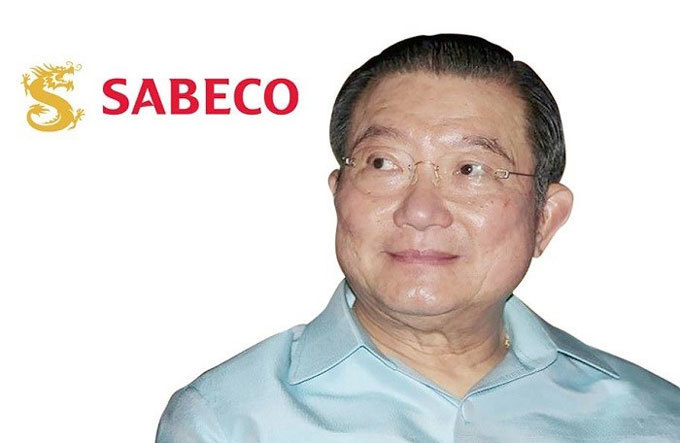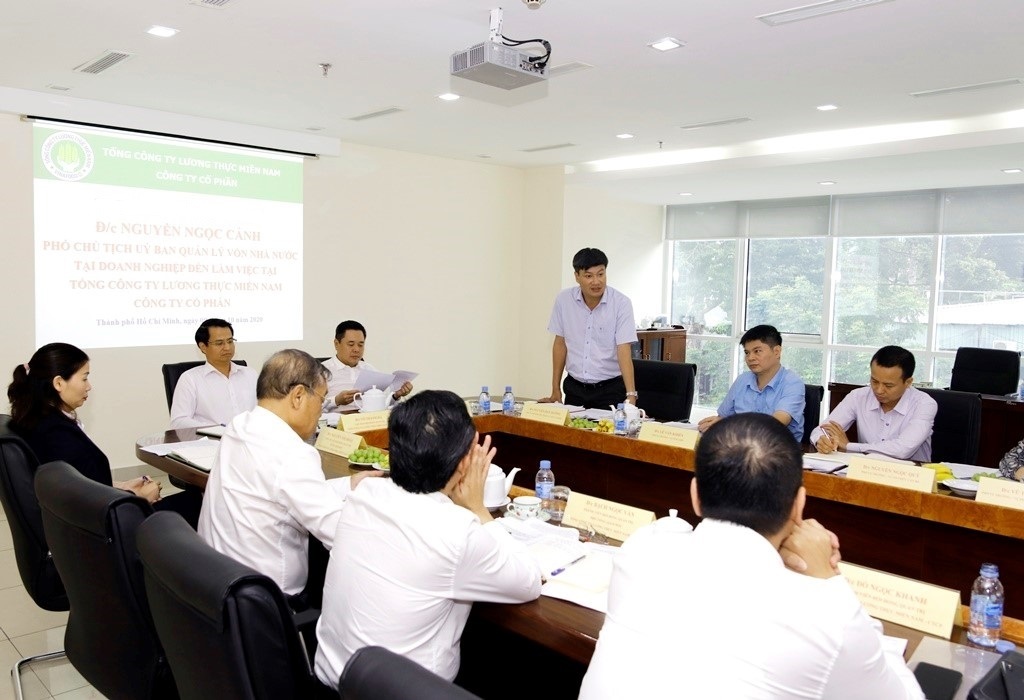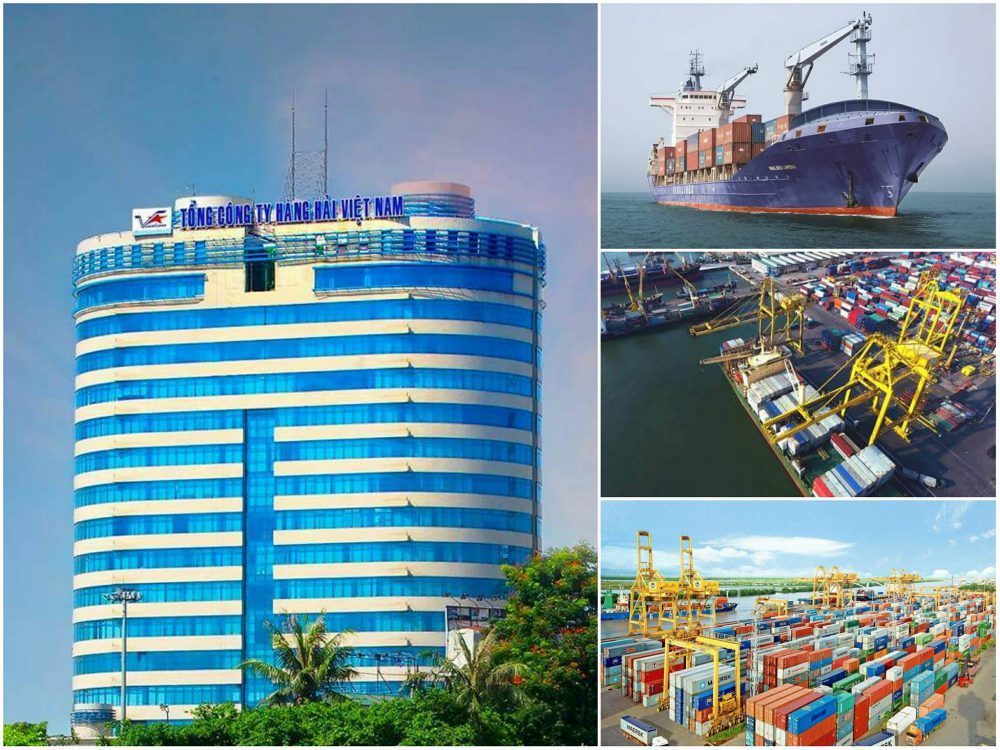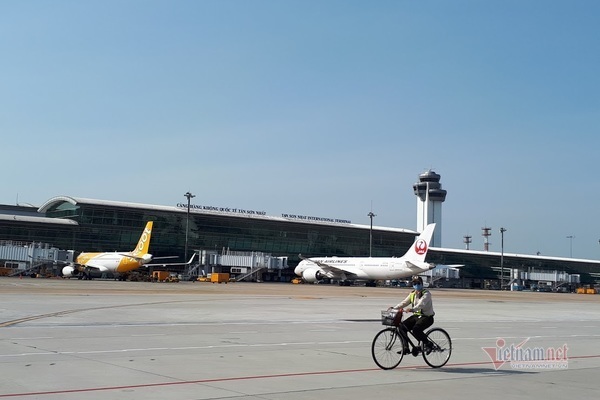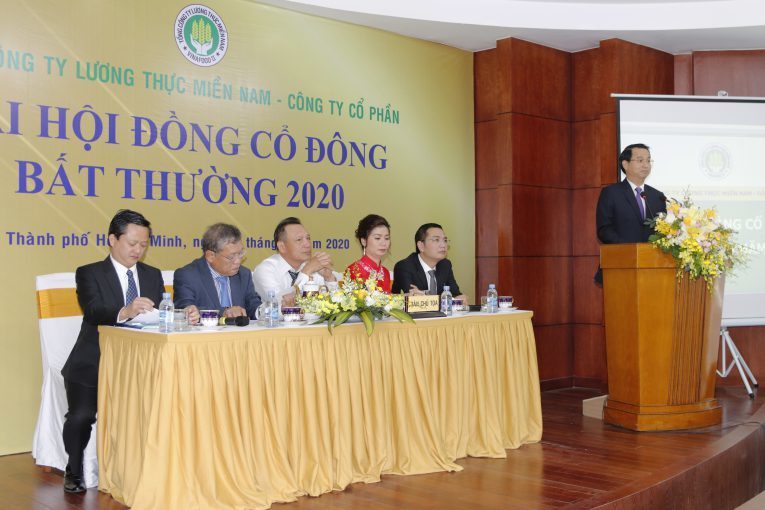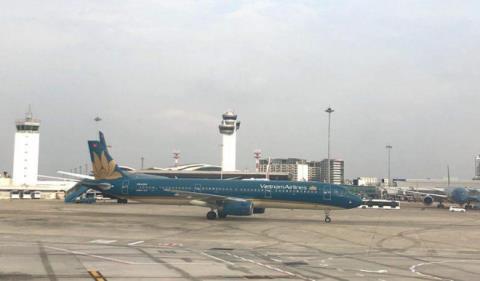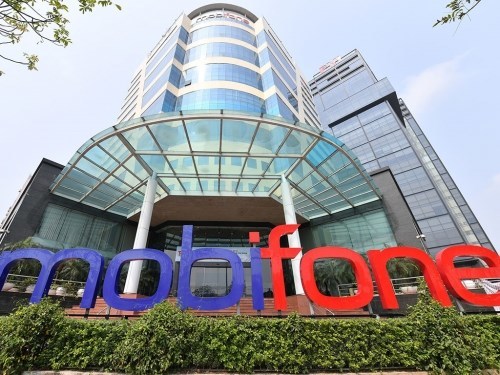- © Copyright of Vietnamnet Global.
- Tel: 024 3772 7988 Fax: (024) 37722734
- Email: [email protected]
equitization
Update news equitization
Audits of enterprises with less than a 50% public stake face difficulties
Legal restrictions make it difficult to audit the use of capital, assets, land and the use of workers in enterprises in which the state holds less than 50 percent of capital.
Equitization of State-owned enterprises still going slowly
Due to the slow progress of equitization, the scale of state-owned enterprises (SOEs) in the economy is still very large, accounted for 7% of total assets and 10% of equity of all enterprises in the market.
Slow equitization of State-owned enterprises
The Ministry of Finance has stated in its recent report that the equitization process of State-owned enterprises (SOEs) has been taking place very slowly and therefore has not achieved its set target.
SOE equitization: investors target ‘golden land’ owned by enterprises
Some state-owned enterprises (SOEs), after equitization, have changed their production and business models to exploit advantages in land, thus ‘killing’ their core businesses.
Market looks for new sources of goods as divestment from state enterprises proceeds
The situation changed in a positive direction when the stock market and and stock prices went up. This will enable divestment from SOEs and the equitization process to take place more easily.
State-invested enterprises: VND1.7 quadrillion in capital, tens of trillions of VND in losses
The capital the State has invested in 807 enterprises totals VND1.7 quadrillion. Pre-tax profit is VND162 trillion, and losses are up to tens of trillions of dong.
Finance ministry turns to stock market for greater transparency in SOE equitization
This would be the first step for Vietnam’s state firms to list shares on international stock exchanges.
Vietnamese managers lose seats, Thai billionaire makes $10 billion deal
Vietnamese key leaders, one after another, have left their posts at Sabeco, the largest brewer in Vietnam. Meanwhile, Thai billionaire Charoen Sirivadhanabhakdi is making a rare deal in Southeast Asia.
Three state-owned economic groups covered by pilot policies
The State plans to hold 100 percent of charter capital in only four holding companies: PetroVietnam, Electricity of Vietnam (EVN), State Capital Investment Corporation (SCIC) and Viettel.
Finance Ministry warns about trillion VND-losses after equitization
Many equitized enterprises have suffered big losses as state capital in these unprofitable enterprises is difficult to sell because of unreasonable pricing.
SOE equitization: investors attracted by ‘golden land’ holdings
Vu Dinh Anh, a respected economist, has pointed out that in many cases, investors decide to buy shares of equitized enterprises because the enterprises have many land plots in advantageous positions, or ‘golden land’.
How can loss-making equitized enterprises be rescued?
Experts say these enterprises need an ‘exchange transfusion’, which means a basic change in corporate governance. If not, they will continue taking losses.
Government names SOEs incurring losses of trillions of VND
The government has sent a report to the National Assembly on investment of state capital in enterprises, and the use of the fund for enterprise support and development in 2019.
Surprising figures about private sector investment in Vietnam
Which enterprises - state-owned (SOE), state-invested, foreign-invested (FIE) or privately run - operate more effectively?
Many state-owned groups see big losses amid COVID-19 crisis
Many enterprises have reported big losses because of Covid-19, including large state-owned groups.
Post-equitization period: high hopes put on strategic investors
The equitization of state-owned enterprises must place more importance on the management experience of strategic investors.
SOE equitization: state takes loss, and investors lose money
Many state-owned enterprises (SOEs) have been equitized but have not seen considerable changes as the state's ownership ratio remains high. Many of them are still taking losses and struggling to survive.
Equitising State-owned enterprises to boost growth amid COVID-19
 Dr Burkhard Schrage, Senior Programme Manager of Management at RMIT’s School of Business & Management talked about the work of equitising State-owned enterprises during the COVID-19 pandemic.
Dr Burkhard Schrage, Senior Programme Manager of Management at RMIT’s School of Business & Management talked about the work of equitising State-owned enterprises during the COVID-19 pandemic.
SOE managers can receive up to VND70 million in basic wages
 The policy under which enterprises’ managers are paid based on the enterprises’ scale and numbers of workers is unreasonable, according to experts.
The policy under which enterprises’ managers are paid based on the enterprises’ scale and numbers of workers is unreasonable, according to experts.
SOE equitisation plan likely to be missed in 2017-2020
 The equitisation of State-owned enterprises (SOEs) has fallen behind the target set by the Government and ministries for 2017-2020.
The equitisation of State-owned enterprises (SOEs) has fallen behind the target set by the Government and ministries for 2017-2020.
